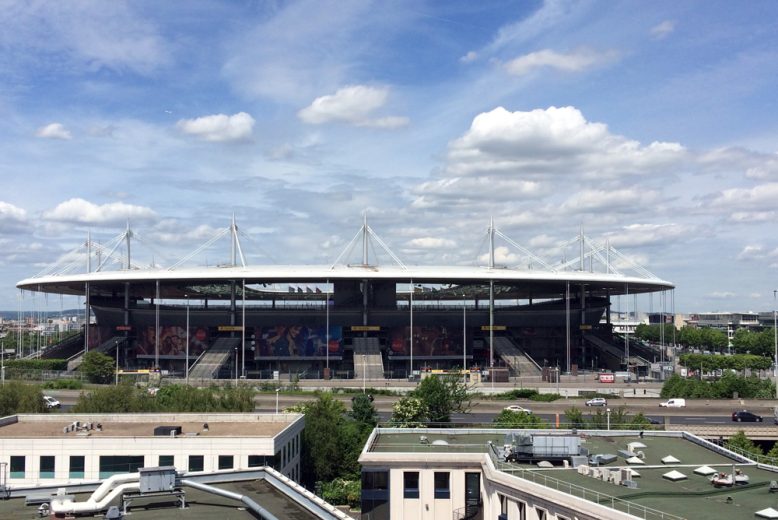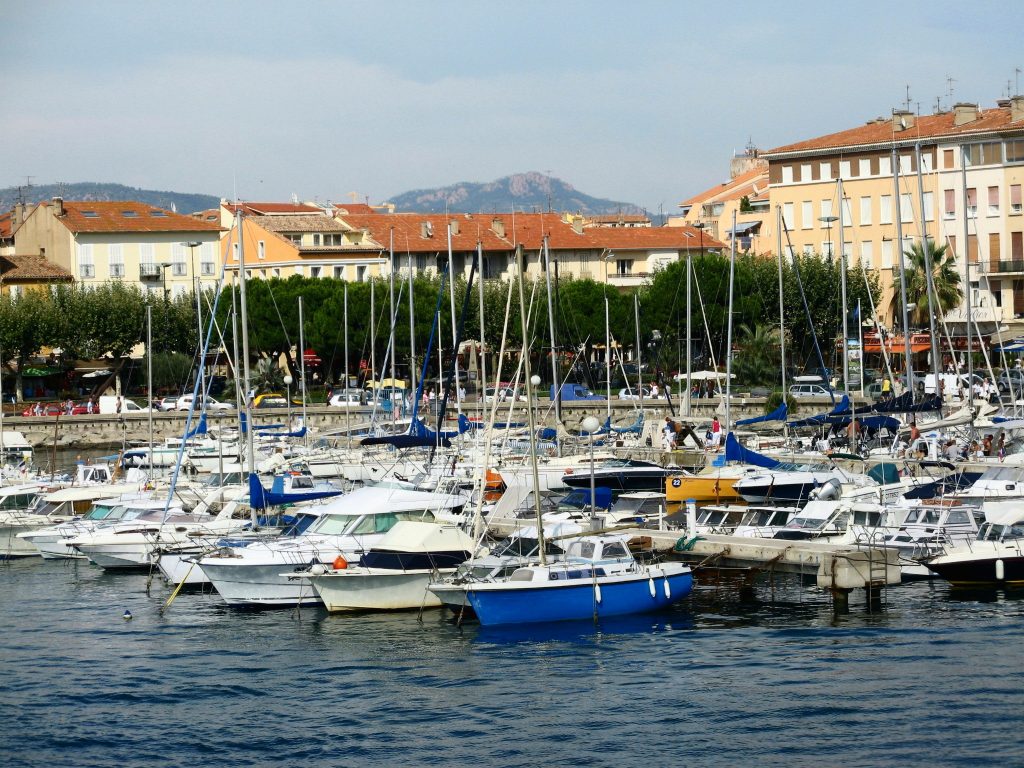Responsible events: Paris 2024 on track with ISO 20121

From May 13 to 17, the IOC is visiting Paris to examine its bid to host the 2024 Olympic Games, a bid heavily imbued with CSR. Focus on ISO 20121, the international standard that defines a responsible event.
Paris has a big stake in the 2024 Olympics. From May 13 to 17, the International Olympic Committee will be on site to examine the city’s bid to host the 2024 Olympic Games, a bid that emphasizes social responsibility. This is an opportunity to take a look at the voluntary international standard ISO 20121, which provides guidelines on what a responsible event should be. All the more so as, five years after its publication, this standard is on the verge of revision.
This was the subject of a meeting on Thursday May 4, organized by AFNOR Normalisation. On the eve of a possible revision, participants – both certified and non-certified – expressed their satisfaction at using what they see as ” a tool for the managerial application of CSR in the event industry “, as Maël Besson, from the Sport and Sustainable Development Department of the French Ministry of Sport, sums up. This ministry has federated some twenty sporting events around a charter on the subject.
Ideas are flowing
Food, waste management, responsible purchasing… Whether you’re involved in a one-off event (Olympics 2024, Roland-Garros, Transmusicales de Rennes, etc.), a year-round event organizer (such as venue operators) or an event service provider (stand builders, caterers, etc.), the goodwill is obvious, as long as management is convinced and the fear of greenwashing is lifted. ” Often, ideas just flow. The challenge is to get them into project mode. This is the major contribution of ISO 20121. “says Béatrice Eastham, Director of Green Événements. ” We had listed 40 sustainable development actions, but in no particular way. We needed management, in particular to identify some 2,500 stakeholders. “confirms Béatrice Macé, director of the Transmusicales association.
According to Vincent Larquet, Director of Sustainable Development at Unimev (Union française des métiers de l’événement), there are some 50 event initiatives in France structured on the basis of ISO 20121. And it’s not just the Parisians who are doing it: Saint-Raphaël and Cité de Nantes Events, which has just been awarded ISO 20121 certification, are just twoexamples.

Saint-Raphaël, first town to receive ISO 20121 certification
Admittedly, all this is still only a drop in the ocean, but certain trades are coming on board more and more (notably caterers), and reluctance is fast disappearing. That’s what happened at Lille’s Aéronef, a venue operator ” intimidated by the standard when we first started thinking about it, in 2013 “, but who then embraced it to the point of being certified, as project manager Clémence Bruggeman recounts. What’s more, flagship events such as the Olympic Games put the standard in the spotlight when they emphasize the CSR component, as in the case of Paris 2024, whose bid committee enlisted the help of WWF.
A remedy for mistrust
But do these major events still have the choice of not doing so, at a time when public opinion is becoming increasingly vigilant about costs, the risks of corruption and the legacy that will be left by the infrastructures? For Jérôme Lachaze, head of sustainable development for the Paris 2024 bid committee, ” we are indeed in a phase of mistrust with regard to these great moments “, and salvation indeed lies in a certain moralization. Among the CSR measures it has included in the Paris bid to show its credentials and win over the IOC: zero food waste and a 55% reduction in greenhouse gas emissions within the event’s perimeter, compared with the London 2012 Olympic Games. Will this weigh in the balance? Answer in September!
> Buy NF ISO 20121:2012…
> Find out more about AFAQ ISO 20121 certification…
AFNOR/DR
ISO 20121: the way forward
AFNOR Normalisation has delivered the results of a consultation organized from March 16 to April 26, 2017 with parties interested in the standardization of the responsible events approach, around the question: what prospects for the evolution of ISO 20121:2012? Respondents reiterated their interest in this text and all saw a positive impact from using it. This explains why they are reluctant to have it revised. However, they identified three areas for rewriting:
- Simplify the chapter on documented information
- More incentives for concrete action
- Offer self-diagnosis tools.
AFNOR, which represents France at ISO, is therefore leaning towards a position advocating confirmation of the standard, i.e. maintaining the text as it stands, with a few points of attention. It must inform ISO before June 5. The extent to which the text needs to be re-examined will depend on the response of other countries. If necessary, AFNOR will reactivate its “Event organization and sustainable development” standards committee .